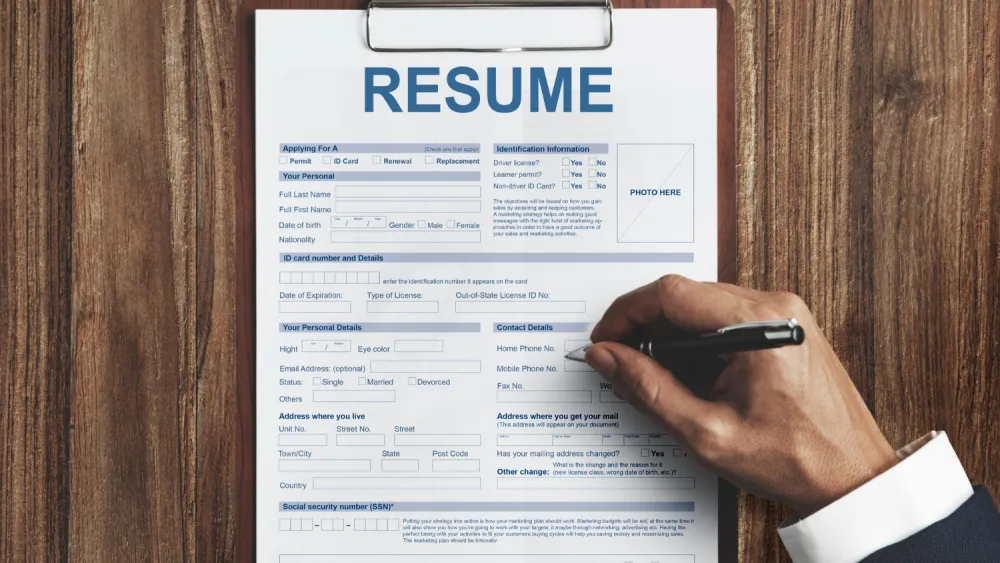
MBA programmes in Hong Kong live up to financial hub status
MBA providers hop on experiential learning and progressive curriculums to ensure competitive edge in the rapidly evolving business landscape.
As Hong Kong maintains its global financial hub status, MBA providers are faced with a rising demand for MBA education, which compels them to effectively adapt to the pressing needs of the evolving business landscape.
In this year’s MBA survey by Hong Kong Business, six MBA providers reported over 1,533 enrolled students in both part time and full time setups. This figure represents a rise from the 1,354 enrolled students in the 2022 MBA survey from eight different MBA providers.
HKU Business School topped the list with the biggest enrollment share of 712 in its sole MBA programme. Close on its heels, the Chinese University of Hong Kong (CUHK) registered 454 students across its three programmes.
Next in line are Hong Kong Management Association with 176 enrolled students in its four programmes and Hong Kong Baptist University and the Hong Kong Polytechnic University (PolyU) with 129 and 62 enrolled students, respectively.
Also entering the list is the University of Manchester–East Asia Centre. Its part-time MBA programme has a duration of 2-5 years or 1 and a half years for accelerated students.
For the MBA providers offering full-time MBA programmes, the CUHK MBA is the most expensive: $605,000 for a programme duration of 12-16 months.
Following closely are the full-time MBA at HKU Business School which is offered at $588,000, and the PolyU MBA, which is priced at $460,200.
For part-time programmes listed in this survey, CUHK’s EMBA tops the list with its programme costing a total of $698,000 over 24 months.
Next is its MBA in Finance, costing $558,000 for a 24-month course, and the HKU Business School’s HKU MBA, priced at $510,000 for a duration of 2 to 4 years.
Rising demand
Hong Kong’s position as a global financial hub has established benchmarks for those pursuing MBA education.
“There is rising in number of MBA applications from China as Hong Kong’s role as a financial hub, along with government backing for Web3 and financial technology, will attract individuals worldwide to pursue studies in this market,” Dr. Justin Law, programme director of the PolyU MBA Programme, told Hong Kong Business.
Law affirmed that MBA programmes in Hong Kong allow professionals to gain access to opportunities for cross-border networking, internships, and potential career paths in both Mainland China and Hong Kong.
“Hong Kong is an international financial hub and a gateway to global business opportunities. Mainland Chinese applicants may see studying in Hong Kong as an opportunity to gain international exposure, expand their networks, and enhance their career prospects both in mainland China and globally,” he said.
At CUHK, there has been a notable increase of 120% in female enrollment in their MBA programmes, suggesting an upward trend of women entering the industry.
In response to these demographic shifts, CUHK has launched initiatives specifically designed to assist and empower women in the industry.
“We have implemented networking and mentoring initiatives that specifically aim to support women in business and women’s leadership. These initiatives are designed to promote their leadership development and foster career advancement opportunities,” said Professor Wan Wongsunwai, associate dean of MBA Programmes at CUHK.
As such, CUHK’s new offerings also cater to the demands of a multicultural demographic. “To ensure our students are well-equipped for the multicultural business environment, we now offer more Asian Century perspectives and emphasise the development of cross-cultural communication skills,” Wan told Hong Kong Business.
Experiential learning
As the business landscape continues to be more attuned to global dynamics, there also comes the rising trend towards experiential learning to ensure that professionals remain adaptable amidst constantly evolving conditions.
“As opposed to popular online courses after [the] pandemic, PolyU MBA offers experiential learning such as offline networking events or professional development effects that online programmes do not have,” Law said.
At PolyU, the MBA curriculum highlights technological aspects like blockchain, cloud computing, data science, and AI which are major forces driving change in the business environment. This approach guarantees that PolyU’s MBA programmes are competitive enough to equip students for advancement into top management roles.
“The presence of advanced technology such as analytics, big data, and AI certainly changes the landscape of the job market for MBAs. Industries such as Fintech, consulting, healthcare, and startup companies will likely have higher demand for MBAs,” he said.
“PolyU’s MBA has just revamped its programme with a focus on “Lead to Create”. Thus, not only we would like our MBA graduates to be successful future leaders, but we would also like them to lead their organisations to create a positive impact on the industry and society, he added.
CUHK also puts emphasis on experiential learning and practical application of knowledge. “We believe in bridging the gap between theory and practice, ensuring that our students acquire not only theoretical business knowledge but also the skills and mindset required to apply that knowledge in real-world settings,” Wan said.
In addition, the MBA provider also prioritises leadership development by offering an array of activities and resources to foster the leadership capabilities of its students.
“Our ‘LEAP to Leadership’ activities go beyond traditional classroom boundaries, providing immersive experiential opportunities for leadership development. We have a robust ecosystem of resources and expertise in Asian Century leadership, with a particular focus on innovation and entrepreneurship. We serve as a hub for knowledge exchange and empower future leaders in the business world,” Wan said.
Meanwhile, at the University of Manchester–East Asia Centre, elective courses are regularly refined, with the latest popular choices including Advanced Strategic Management, Negotiation Skills, and Sustainable & Socially Responsible Business.
“The study model of the Manchester Global MBA combines online lectures and physical workshops to facilitate direct and inspiring interactions, not only among students but also between students and faculty,” Xavier Duran, MBA Programmes director, told Hong Kong Business.
“The upward trend and practical content of our programme provide our Global MBA students with knowledge and a competitive advantage, empowering them to bring about change and make an impact in the corporations where they hold leadership roles,” Duran added.
Evolving programmes
Recently, CUHK expanded its offerings by introducing six optional concentrations, offering students increased flexibility and specialisation opportunities to align with the changing needs and demands of the industry.
“We have established a new initiative this year, organising an ‘Asian Century Sustainability Forum’ in March 2024. The event aims to explore the theme of ‘Innovation and Collaboration: Leading the Future Development of Asian Business Schools,’” said Wan.
Through this event, business schools and stakeholders can discuss how they can foster sustainable development in the Asian Century.
Moreover, CUHK has further diversified its offerings with dual-degree programmes in collaboration with three international universities: Hautes Etudes Commerciales (HEC), University of Texas at Austin, and Rotterdam School of Management, Erasmus University (RSM).
The University of Manchester–East Asia Centre boasts its extensive network of international centres spanning across four regions including Hong Kong, Dubai, Singapore, and Shanghai.
Through this, the MBA provider offers a diverse range of programmes catered to twelve different nationalities with students based in Japan, South Korea, Hong Kong, Taiwan, Macau, and the Greater Bay Area.
“The global nature of our programme also enables our students to build professional networks with esteemed academics, industry leaders, and driven peers from around the world,” Duran said.
At PolyU, students have the opportunity to attend an executive education programme in prestigious universities such as the International Institute for Management Development (IMD) and London School of Economic (LSE) which will provide them state-of-the-art management practices and allow them to secure global networking opportunities.
“Selected students with relevant backgrounds and qualifications will also be able to study our DBA programme during their MBA studies via our ‘MBA-DBA Connect’ option,” Law added.
PolyU’s new core subjects now include digital transformation and business analytics, ESG and sustainability, innovation, and entrepreneurship. Additionally, pre-MBA workshops are provided to equip students for the comprehensive curriculum.
“All core subjects in the revamped programme will be adopting a case-based approach. This enables our students to develop analytical skills and professional judgment in dealing with complex business issues,” Law said.
Hong Kong MBA providers remain committed to nurturing professional growth amongst students, setting the standard for business education in Asia and beyond.



















 Advertise
Advertise








